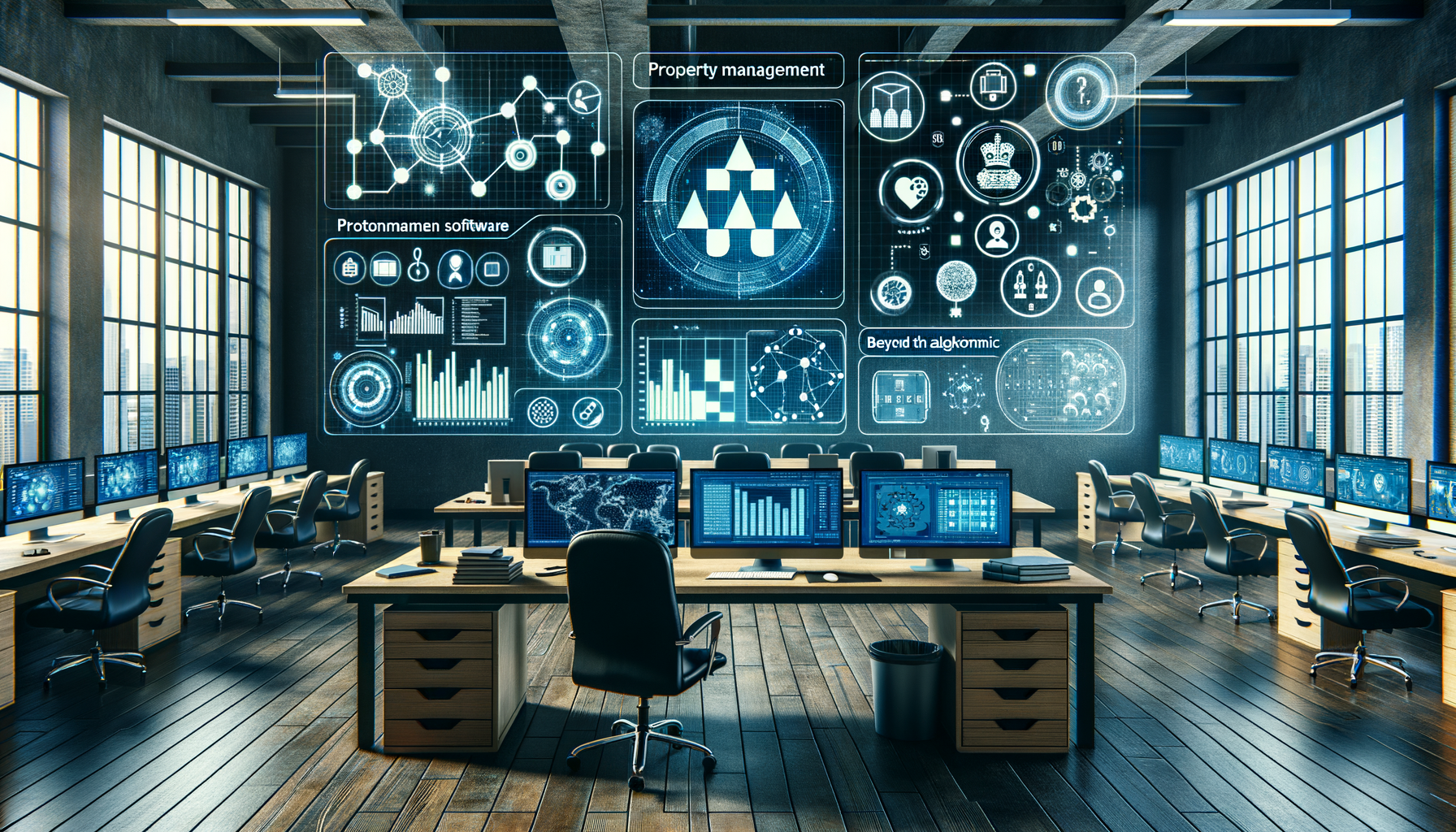The Role of Property Management Software in Modern Real Estate
Property management software has revolutionized the real estate industry by automating various tasks and enhancing efficiency. These platforms are designed to streamline operations, manage tenant relations, and handle financial transactions with ease. The software offers features such as automated rent collection, maintenance tracking, and financial reporting, which help property managers save time and reduce errors.
Despite its advantages, software cannot replace the human touch required in certain aspects of property management. While it excels at organizing data and automating repetitive tasks, the software lacks the emotional intelligence and personal interaction that humans provide. For instance, resolving tenant disputes or negotiating lease agreements often requires empathy and understanding, which software cannot replicate.
Human Interaction: The Heart of Tenant Relations
Managing relationships with tenants is a critical aspect of property management that relies heavily on human skills. Although property management software can facilitate communication through automated messages and reminders, it cannot replace the personal touch needed to foster positive tenant relationships. Building trust and rapport with tenants requires face-to-face interactions and the ability to understand and address their concerns effectively.
Moreover, handling tenant complaints and disputes often involves nuanced communication and negotiation skills. A property manager’s ability to empathize with tenants and find mutually beneficial solutions is crucial in maintaining tenant satisfaction and retention. While software can assist with record-keeping and documentation, it cannot engage in meaningful conversations or provide personalized solutions to tenant issues.
Negotiation and Conflict Resolution: A Human Skillset
Negotiation and conflict resolution are essential skills for property managers, particularly when dealing with lease agreements, rent adjustments, or tenant disputes. While property management software can provide data and analytics to support decision-making, it cannot engage in the negotiation process itself. Successful negotiation requires understanding the interests and motivations of all parties involved, as well as the ability to communicate effectively and find common ground.
Conflict resolution also demands a human touch, as it involves managing emotions and navigating complex interpersonal dynamics. Property managers must be adept at de-escalating tensions and facilitating open dialogue to resolve conflicts amicably. These skills are inherently human and cannot be replicated by software, making them invaluable in the property management industry.
The Importance of Personalized Customer Service
In the competitive real estate market, providing exceptional customer service is vital for property managers. While property management software can enhance operational efficiency, it cannot deliver the personalized service that tenants and property owners expect. Personal interactions and tailored solutions are key to building long-lasting relationships and ensuring client satisfaction.
Property managers must be proactive in addressing tenant needs and concerns, offering personalized solutions that software cannot provide. This involves understanding individual preferences, anticipating potential issues, and going above and beyond to exceed client expectations. Personalized customer service not only enhances tenant satisfaction but also contributes to a property’s reputation and success in the market.
Conclusion: The Human Element in Property Management
While property management software offers numerous benefits in terms of efficiency and automation, the human element remains irreplaceable in certain aspects of property management. Tasks such as tenant relations, negotiation, conflict resolution, and personalized customer service require emotional intelligence and interpersonal skills that software cannot replicate.
Property managers who effectively combine the capabilities of software with their human skills are better equipped to navigate the complexities of the real estate industry. By leveraging technology while maintaining a focus on personal interactions, property managers can achieve a balance that maximizes efficiency and enhances tenant satisfaction, ultimately leading to greater success in their roles.




Leave a Reply